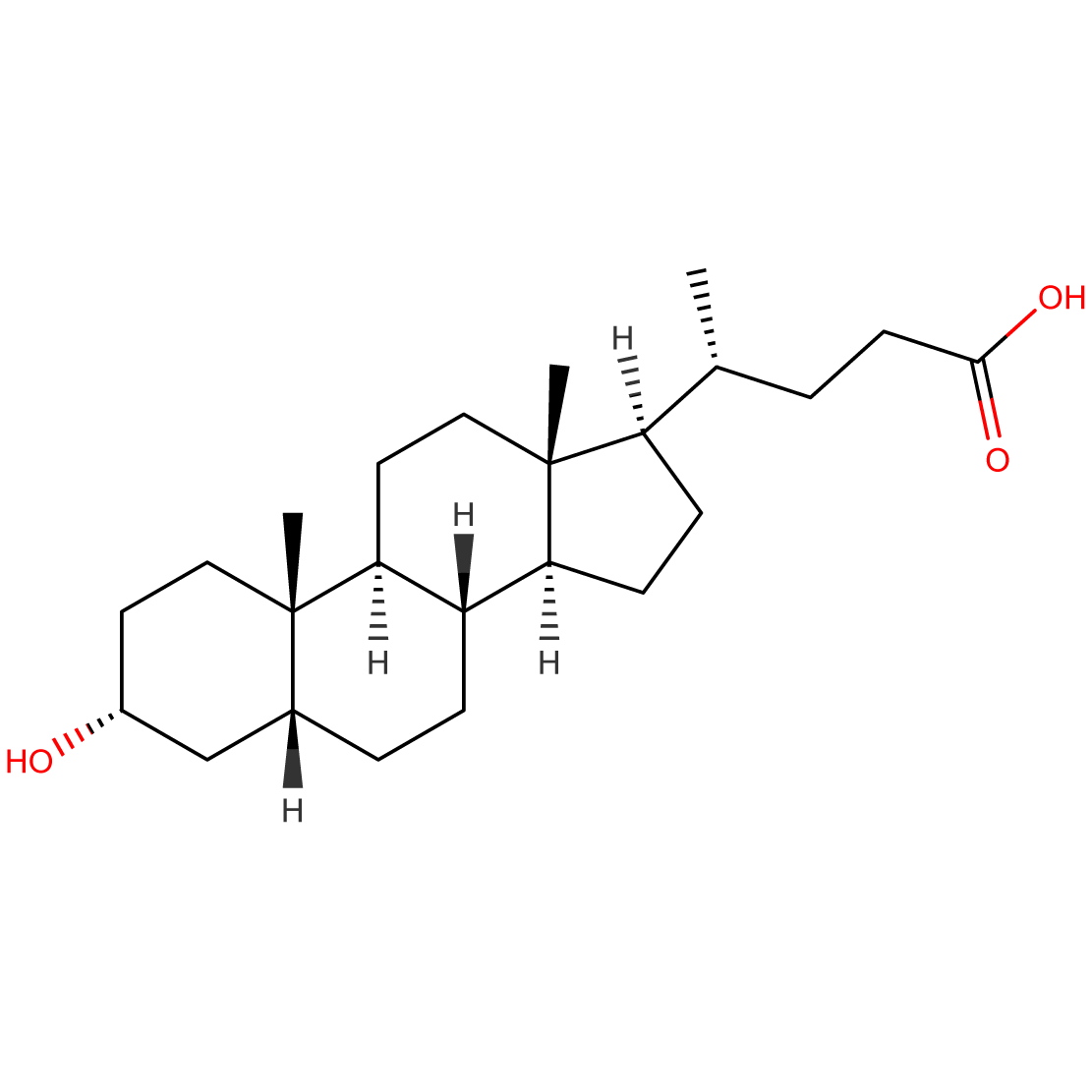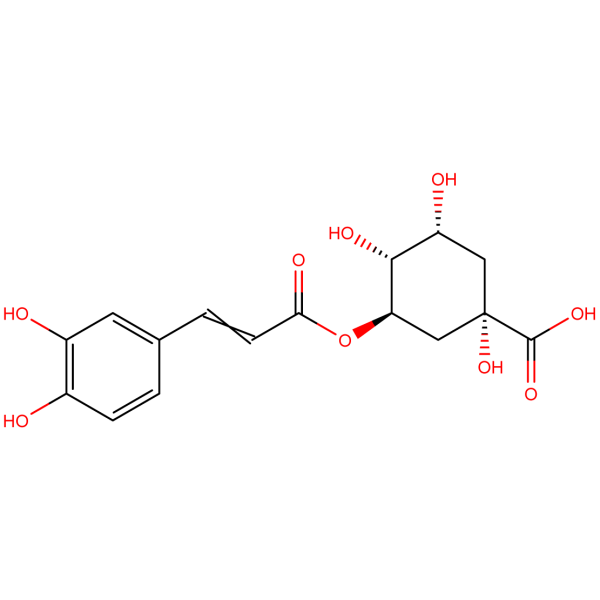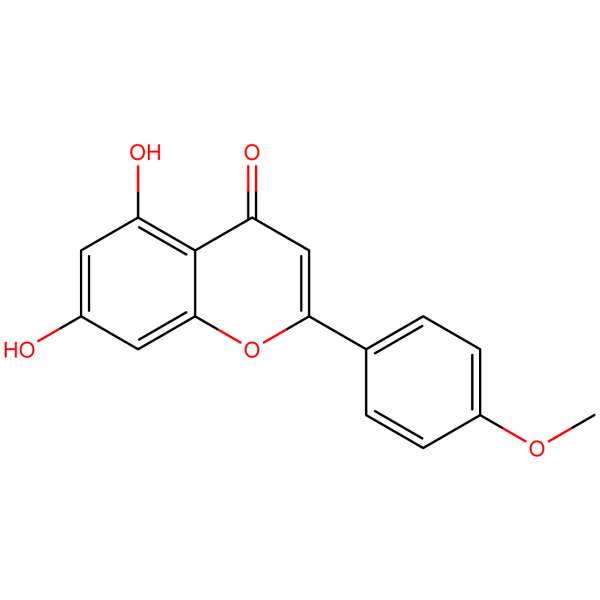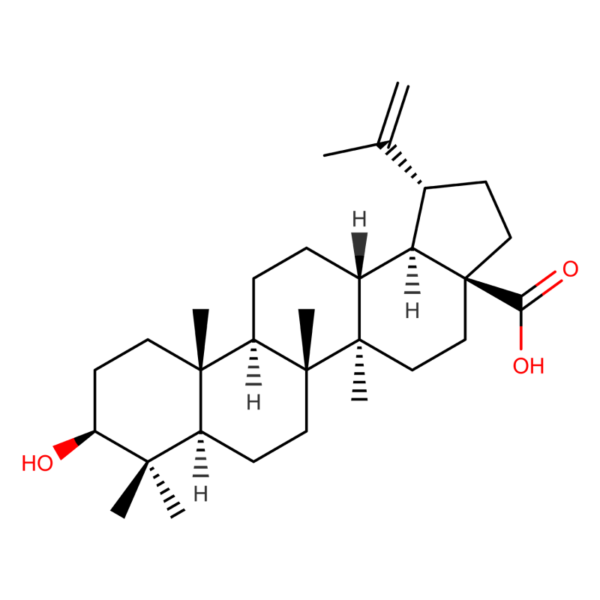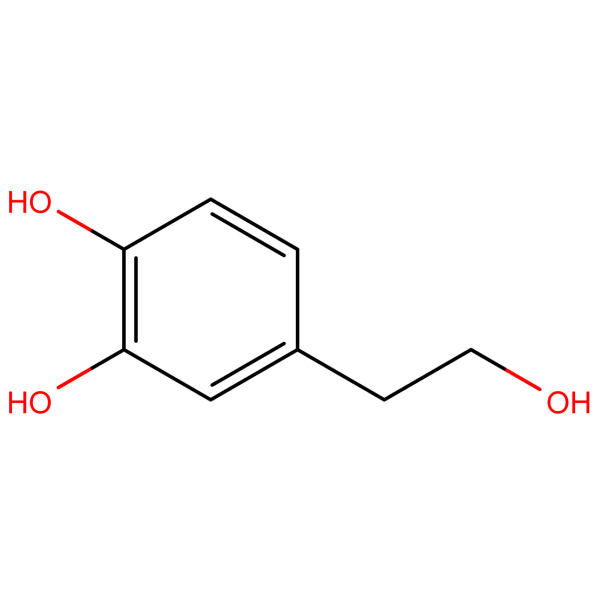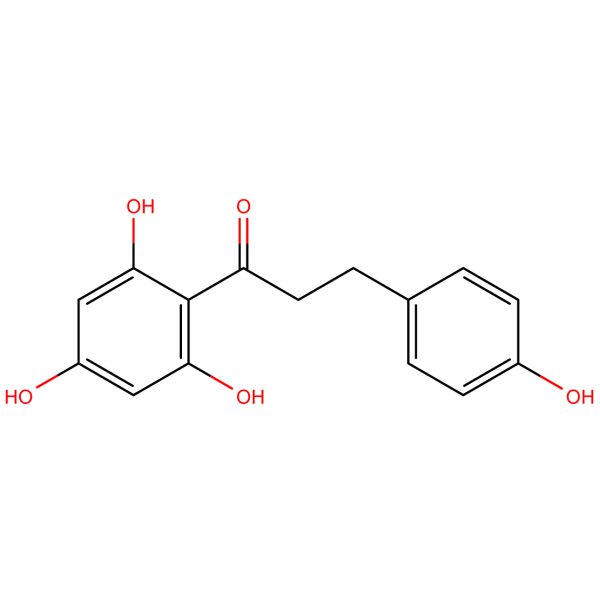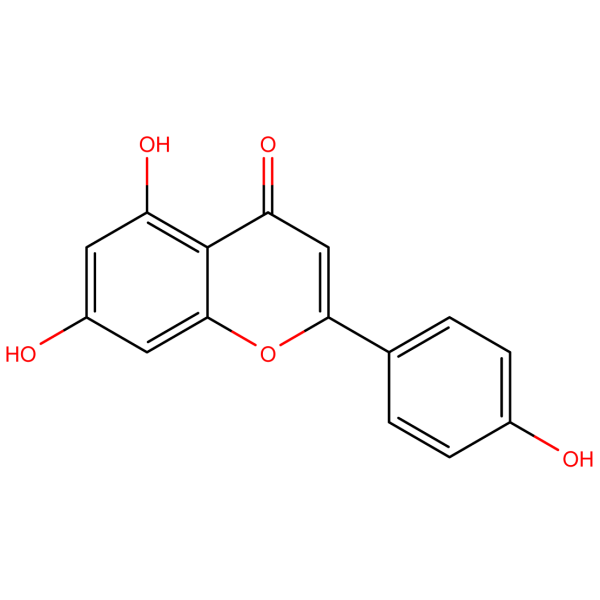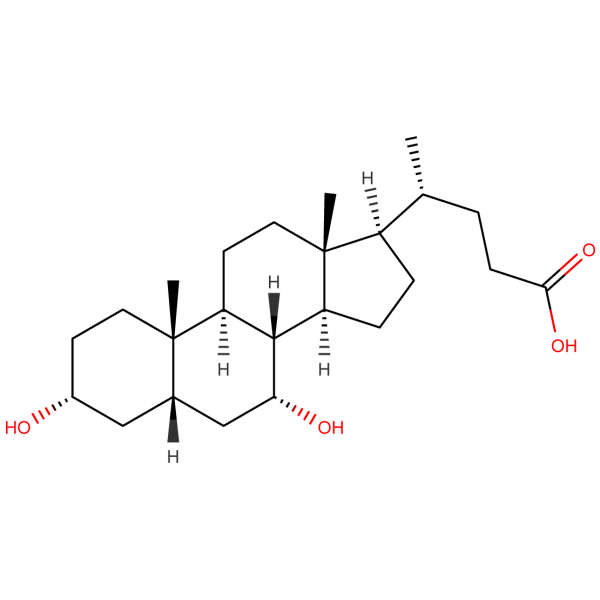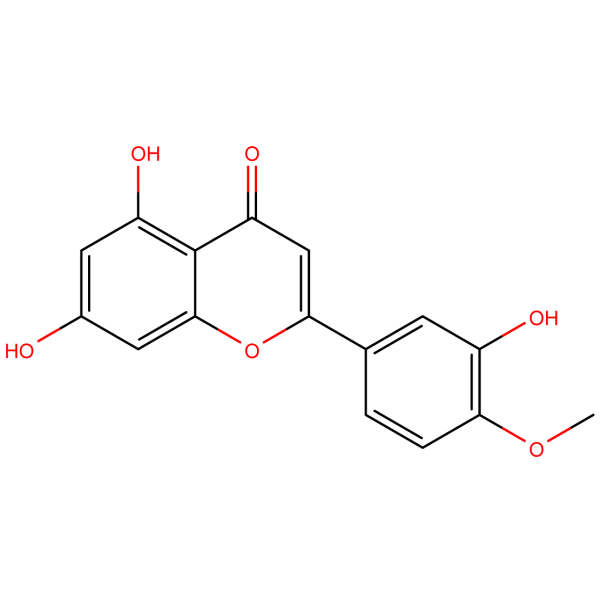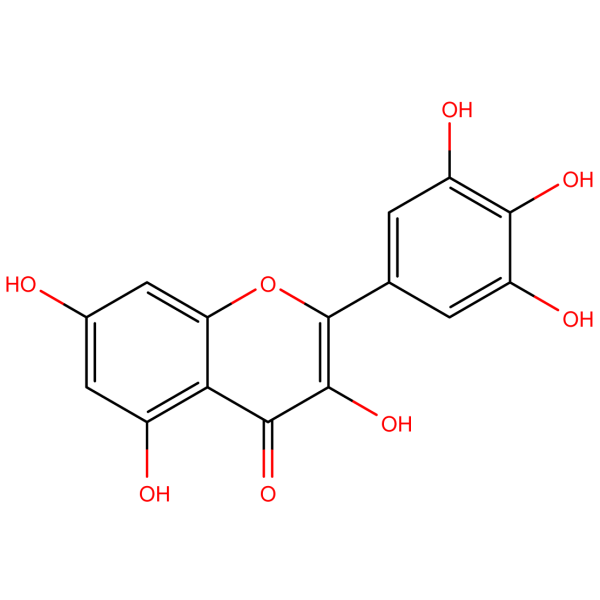Lithocholic Acid: Potent Bile Acid for Advanced Biochemical Research
1. Molecular Identity
- Chemical Name: 3α-Hydroxy-5β-cholan-24-oic acid
- CAS Number: 434-13-9
- Source: Secondary bile acid produced by intestinal bacteria from chenodeoxycholic acid
2. Biochemical Significance
Lithocholic acid is a secondary bile acid with diverse biological activities. Its unique molecular structure contributes to its role in lipid metabolism and cell signaling, making it a compound of significant interest in hepatic, metabolic, and cancer research.
3. Key Properties of Lithocholic Acid
- Lipid Metabolism: Plays a crucial role in cholesterol homeostasis
- Cell Signaling: Acts as a signaling molecule through various nuclear receptors
- Cytotoxicity: Exhibits potential toxic effects at high concentrations
- Antimicrobial Activity: Demonstrates activity against certain pathogens
4. Potential Research Applications
- Hepatic disease studies
- Gastrointestinal disorder investigations
- Cancer research, particularly colorectal cancer
- Nuclear receptor signaling studies
5. Current Research Focus
Ongoing studies are investigating lithocholic acid’s effects on:
- Bile acid-activated receptors (e.g., FXR, VDR, TGR5)
- Lipid metabolism and cholesterol synthesis
- Intestinal microbiome interactions
- Inflammatory bowel diseases and colon cancer
6. Formulation Challenges and Innovations
Researchers are actively working on:
- Developing targeted delivery systems to mitigate potential toxicity
- Creating stable formulations for various research applications
- Exploring lithocholic acid derivatives with enhanced properties
7. Regulatory Considerations
As a naturally occurring bile acid, lithocholic acid (CAS 434-13-9) is primarily used in research settings. Its use in specific therapeutic applications would require comprehensive safety and efficacy evaluations to meet regulatory standards.
8. Future Research Directions
The scientific community anticipates:
- Advanced studies on the role of lithocholic acid in metabolic diseases
- Exploration of its potential as a biomarker for liver and intestinal disorders
- Investigation of lithocholic acid-based therapeutics for various conditions
9. Collaborative Opportunities
We invite hepatologists, gastroenterologists, oncologists, and academic institutions to explore the research potential of lithocholic acid. For inquiries, collaborations, or to discuss how this compound can benefit your research projects, please contact us at sales@nstchemicals.com.
Join us in advancing biochemical research with lithocholic acid – a crucial bile acid at the intersection of metabolism, cell signaling, and disease pathogenesis.

